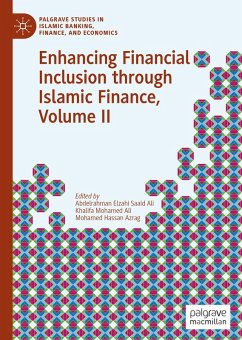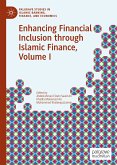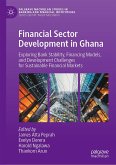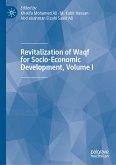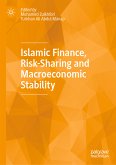This volume explores the financial risks associated with lending to low-income groups due to high poverty levels and the lack of collateralization mechanisms. The first book on the market to provide empirical evidence of Islamic microfinance, deposit insurance and micro-entrepreneurship through the analysis of models and country case studies, this edited collection will be of value to those researching development finance, financial inclusion and Islamic finance.
Dieser Download kann aus rechtlichen Gründen nur mit Rechnungsadresse in A, B, BG, CY, CZ, D, DK, EW, E, FIN, F, GR, HR, H, IRL, I, LT, L, LR, M, NL, PL, P, R, S, SLO, SK ausgeliefert werden.

